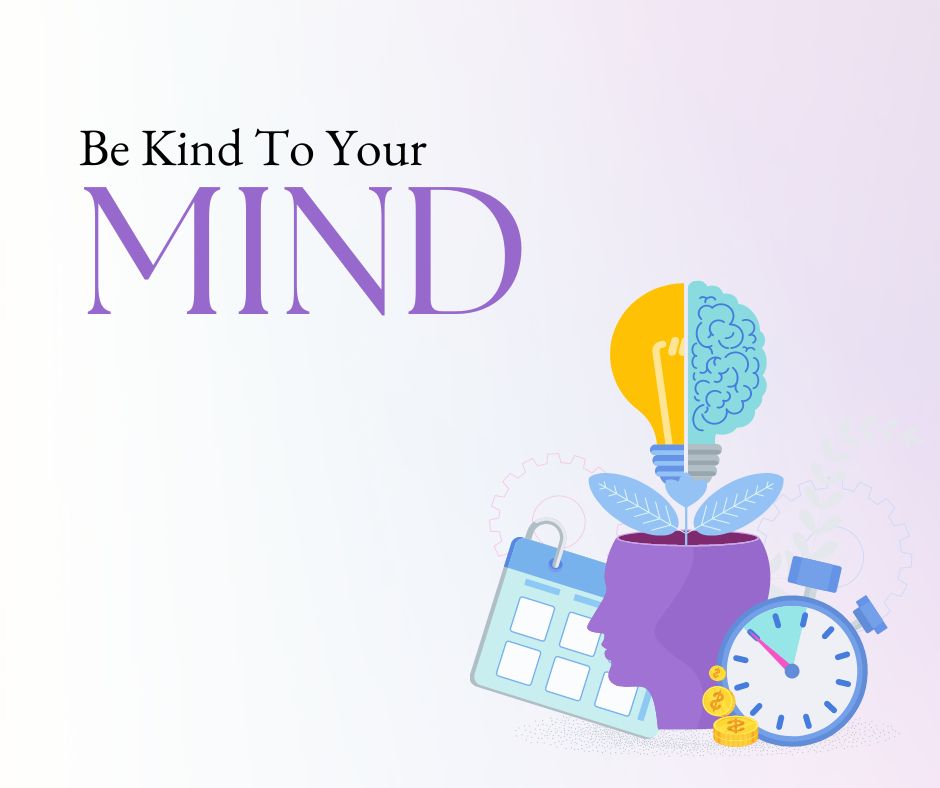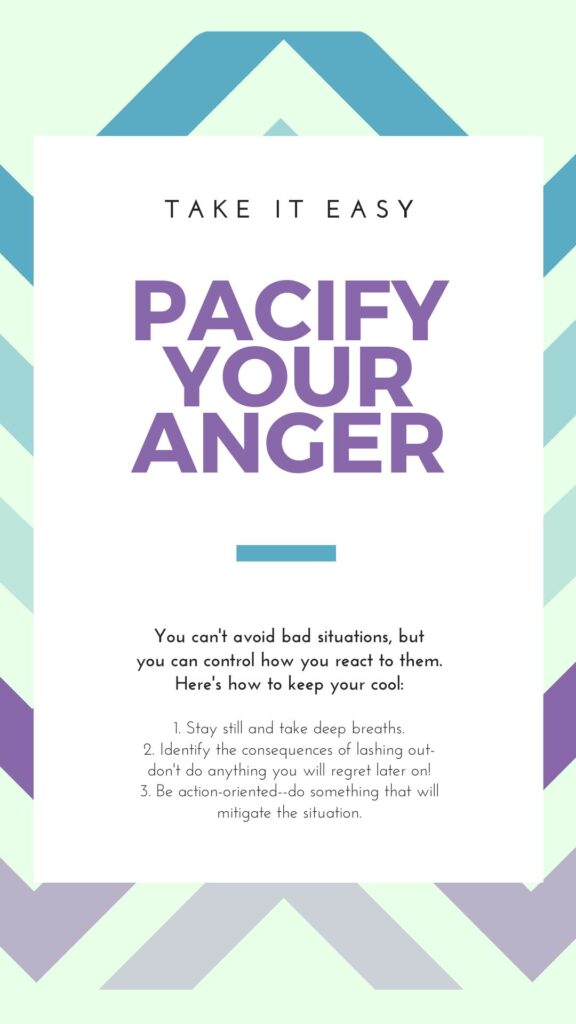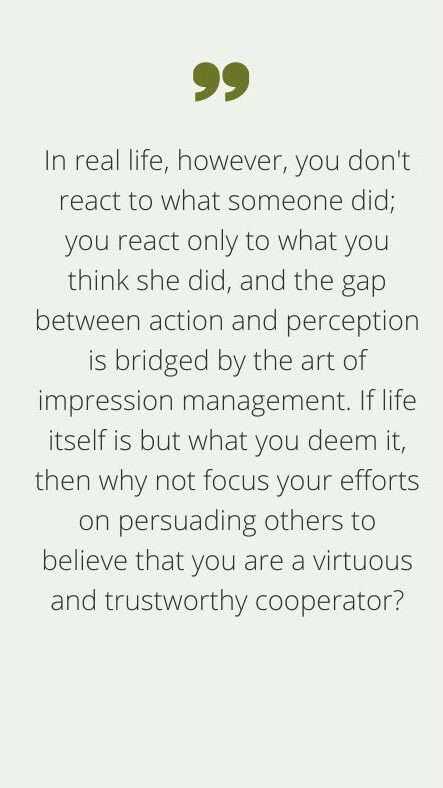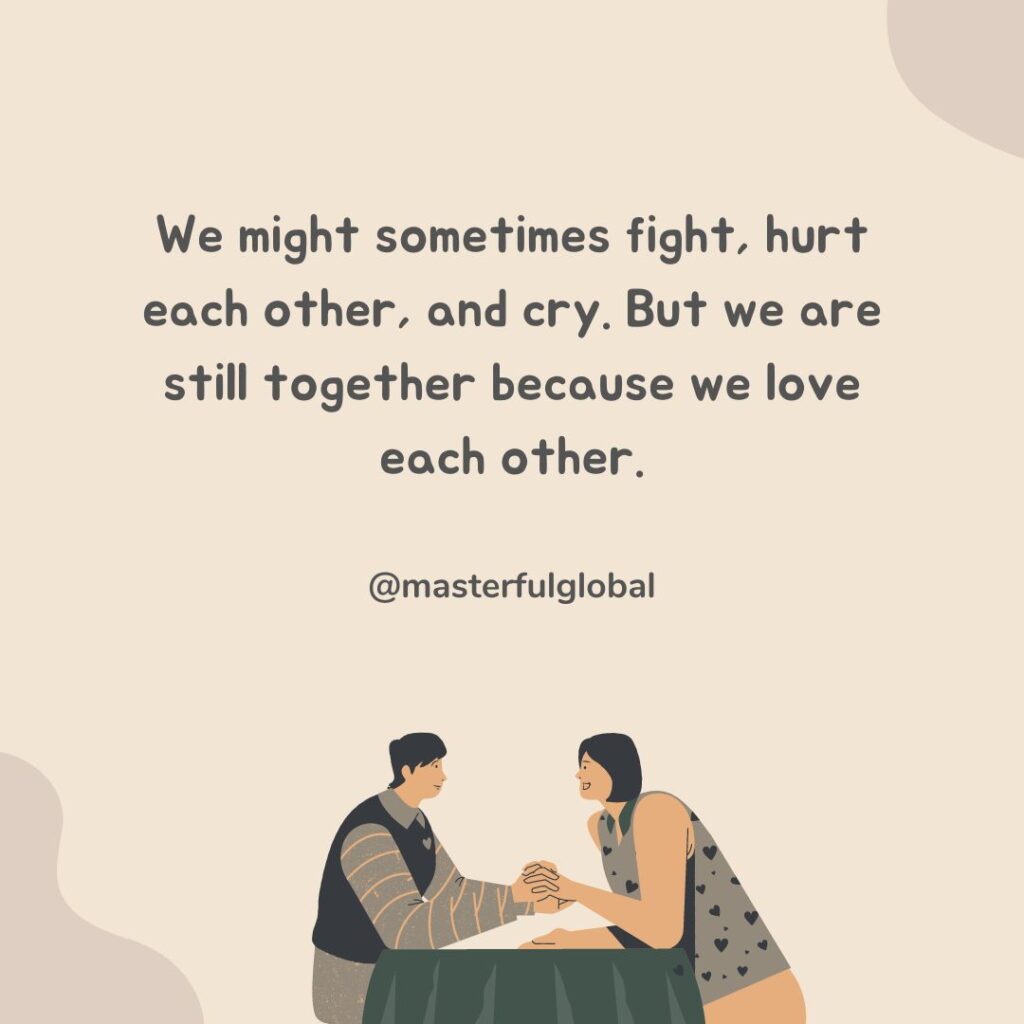Mindful Partnership –
When we dive into relationships we start with unconditional love and very less baggage of expectation. Love just happens – will you agree? With time we load ourselves with expectations, pride, ego, etc. which ultimately sinks us and thereafter the relationship.
Here in we are talking about mindful partnership, as you grow up with time situations change and your life takes turns so, maybe its time you realize that being together happily is a luxury.
Will you stay together even when you are unhappy? No, that’s never a recommendation but are you taking the right choices and making the right decision?

This is not only about your better-half, it’s for all the people you are acquainted with. Your friends, colleague, family, etc. It’s very true that we cannot make everyone happy but at-least we are not going to be responsible for someone’s sadness.
When you are loving mindfully, you are giving your life opportunity for love to grow. Love resides in us, mindful loving nurtures and creates an ocean of love where its not just romantic love, but you start loving yourself and that reflects around you.
Imagine yourself being in your comfort zone and a person you love the most. Now imagine creating that same environment around you. Can you feel the peace? Positive relationships contribute to our life and help us to become a better person.

“Take a deep breath and focus on your purpose—your Yes—in this situation. Ask yourself what you really want and what is really important here. In other words, shift from being reactive and focused on No, to being proactive and focused on Yes.”
It’s about hearing the other person before you start reacting. Read the blog “How often do you hear yourself or you don’t at all?”
Our reactions are based on external events and what happens around the day and us. It might happen that after a fight and heated argument when you relax, you come to conclusion that all that was for nothing. No concrete reason to argue it’s just you were too stressed, or may be hungry or may be sad. Your mood may depend on the weather, your professional life, your peers, but when you get home you take it out on your loved ones.
First thing is to help yourself understand that you need to change your attitude to the thought that “Everything you do is someone else’s fault”. Else it will mean that you’re not in control of your life.
Being human, it’s understood that we are very reactive. But also, we can control with a little help. Let’s figure out on a scale of 10 how reactive you are in your relationship?
- Are you short tempered?
- Do you scream without listening to the whole story?
- Have you ever analyzed your reactions?
- Do you apologize if it wasn’t needed?
- Can you express yourself clearly without getting overly emotional?
- What Is the general Emotion Behind your Anger?
- Does it take long time to cool down and forgive?
- Do you need consoling or you can help yourself cool down?
- Are you giving enough time and talking before reacting?
- Do you stop talking when you are angry or you jabber anything that comes to your mouth?

Are you in control of someone? Can you control your partner’s behavior? To focus on Long-term goals and you must eradicate the short term changes you want to bring to each other. If your partner tend to lash out when things aren’t going their way, it’s them who needs to work-around. You can only control your behavior.
“In the face of great challenges, you can choose to live re-actively as a victim, or choose to proactively take control, with awareness and accountability.”
- Pay attention to to the truth that you feel within yourself before responding.
- Try not to be pulled into their reactivity
- When your partner is angry and you respond by being angry right back, it’s going to make matters much worse. So practice exercises to calm yourself like breathing,etc.
- First ground yourself before responding to the situation.
- Gather your thoughts and Communicate how you feel and let the other person know about the impact of their behavior.
- Understand your relationship dynamic
- There is limit to everything, you must know and set the boundaries for yourself
- Take a break from your partner if needed, when its getting too much always remember you are not bounded to stick at the moment which might get worst.
- Reach out to professional for help.
“Be proactive not reactive, for an apparently insignificant issue ignored today can spawn tomorrow’s catastrophe.”

